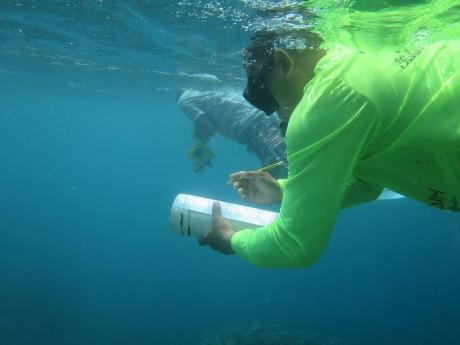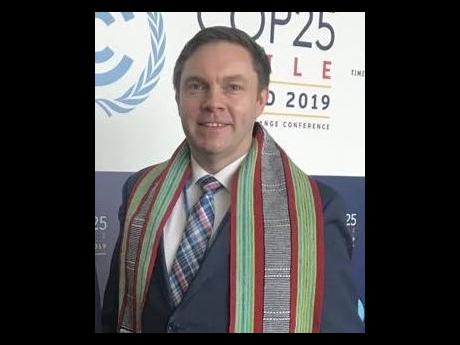Earth Today | Adaptation Fund’s Streamlined Accreditation Process opens doors to climate finance
THE ADAPTATION Fund (AF) has, since inception, sought to innovate new opportunities for vulnerable countries to adapt to climate change.
In addition to pioneering Direct Access and Enhanced Direct Access to empower country ownership in adaptation, and many groundbreaking scalable pilot adaptation projects throughout the globe, as well as emerging funding windows in learning, innovation and project scale-up, the AF has come up with a unique way for smaller implementing organisations from small island developing states (SIDS) or other especially vulnerable countries to access climate finance using their own national institutions which they may not have otherwise been able to do.
Referred to as AF’s ‘Streamlined Accreditation Process’, it was approved by its board eight years ago and has since accredited five national implementing entities (NIEs) under Direct Access with the capability to identify, develop and implement adaptation projects. A new AF study, ‘Lessons Learned on AF’s Streamlined Accreditation Process’, takes a look at these case studies, successes and knowledge gleaned.
“The streamlined process has clearly provided the opportunity for smaller organisations to be accredited. Without the flexibility and alternative compensatory measures available through the streamlined process, these smaller entities may not have had the opportunity to be accredited,” the study said.
The new study includes analysis of the streamlined process, the five smaller NIEs (SNIEs) that have been accredited through the process, a review of their approved projects, and interviews with them, members of AF’s independent expert Accreditation Panel and AF staff.
In initially establishing the streamlined process, the fund’s board aimed to improve access of smaller organisations to AF resources while considering their higher vulnerability and more limited capacities. While the process entailed no changes to fiduciary, environmental or social standards, it offered mitigating measures that better reflect the institution’s capacity, risk profile and ability to handle projects of a manageable size. Another aim of the streamlined process was to enable SNIEs to ‘learn by doing’, through gradually increasing their capacity as they access AF’s various programmes.
SNIEs from the Federated States of Micronesia (2015), the Cook Islands (2016), Armenia (2016), Tuvalu (2019), and Honduras (2021) have been accredited through the streamlined process to date, with a majority now implementing effective adaptation projects in the field with AF resources.
It has resulted in both direct and indirect benefits.
“In addition to allowing SNIEs to access funds for direct climate action, it has set them up to access climate finance from other bilateral and multilateral entities,” the study concludes. “This includes three of the five entities [also being] accredited to date to the Green Climate Fund through its [mutual] fast-track process.”
Several key lessons were offered by the study, among them that the streamlined approach provides added flexibility for smaller entities in the accreditation process that otherwise may not have been able to meet the AF’s overall accreditation standards, improves institutional capacities of SNIEs, and opens opportunities to accessing other sources of climate finance as well as gaining additional accreditations.
“We are now seeing returns on the first entities that were accredited in this way. The process has empowered them to build their adaptation capacities along the way, implement effective projects and attract other sources of climate finance – which are all pivotal in fostering country ownership to help address the urgency of climate change adaptation. We hope their successes serve as encouraging examples for other countries that may also benefit from streamlined accreditation,” said Mikko Ollikainen, head of the Adaptation Fund.


